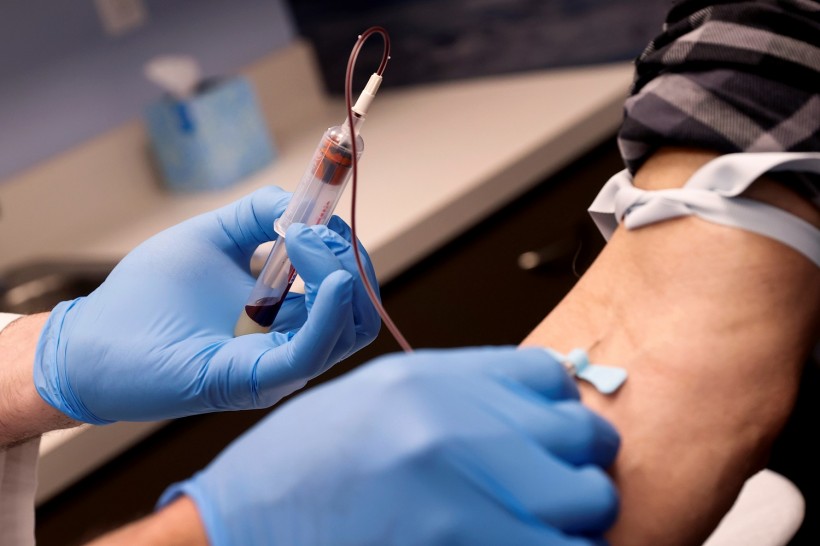The researchers of the University of Louisville (UofL) have developed a technology that would prevent the coronavirus from infecting human cells.
The drug is based on a synthetic DNA called aptamer, which targets and binds with a human protein called nucleolin. Based on early studies, aptamer may stop viruses from seizing nucleolin to replicate inside the body. This includes the novel coronavirus.
The UofL seeks fast-track development, including approval from the Food and Drug Administration, to start treating patients affected with COVID-19 using this technology.
UofL's Paula Bates, John Trent, and Don Miller have discovered the aptamer and applied it in various ways. This was particularly used as a potential therapeutic drug against multiple types of cancer.
Amid the coronavirus pandemic, Bates partnered with fellow researcher Kenneth Palmer to apply the technology once again.
"Like many scientists, as soon as I heard about the new coronavirus, I wanted to help and started to think about how my area of research might intersect with coronavirus research efforts," said Bates. "I am fortunate to be at UofL... where we have the facilities to do experiments using the SARS-CoV-2 virus."
'Typically developing a drug from scratch takes many, many years and you would have to do a lot of animal testing to try and show it's safe,' the professor of Medicine said in an interview with WSMV.
Bates added that since the drug has already been used in tests with cancer patients, they plan to use the same dose for COVID-19 patients. "We're hoping we can kind of chop a lot of time off there," she said.

John Sterling of New Jersey has blood drawn at a MedRite Urgent Care facility testing for antibodies to the coronavirus disease (COVID-19) in the New York City suburb of Spring Valley, New York, U.S., April 23, 2020.
Q-Griffithsin can be another "cure"
UofL Center for Predictive Medicine for Biodefense and Emerging Infectious Diseases Director Palmer has conducted experiments showing the aptamer was effective against the virus at safe doses, as shown in previous research has shown patients.
Similarly, Palmer is also working on another possible cure for COVID-19, Q-Griffithsin. The drug was also developed at UofL in partnership with the National Cancer Institute and the University of Pittsburgh.
Q-Griffithsin (Q-GRFT) is a drug based on Griffithsin, a protein derived from Griffithsia, a type of red algae. It is being developed as a microbicide to prevent transmission of viruses, particularly HIV.
The Q-GRFT can be formulated as gels, films, suppositories, simple enemas, or even rinses. Currently, it is "one of the most powerful, broad-spectrum antivirals ever tested" to combat the virus. Researchers are looking at using this drug to cure the COVID-19.
UofL's Regional Biocontainment Laboratory is one of only 12 regional and two national bio-containment labs in the United States. The other one is located in Kentucky.
The lab researches infectious agents with support from the NIH. It has Biosafety Level 3 facilities, which are built following the most rigorous federal safety and security standards. These intend to protect researchers and the public from being exposed to pathogens being studied.
Online Donation Drive
While UofL provides financial support for COVID-19 research, the study still requires additional funds to continue the work over time. Private individuals and institutions can offer donations to the research through an online donations drive, which they set up.









